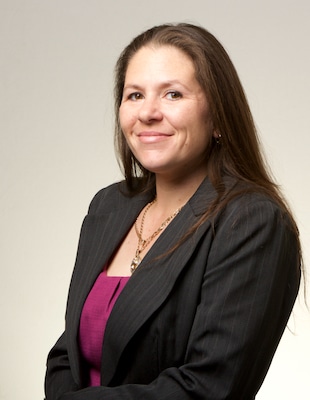Do you need advice relating to a specific area of Children Law?
Solicitors Specialising Children Matters
When a relationship breaks down, if arrangements for the children are mutually agreed upon between the parents, then no further action needs to be taken. If the parents cannot, however, agree on the arrangements, they can make an application to the Court to determine who the child(ren) lives with and how much time they spend with the other parent (known as a Child Arrangement Order). The law relating to children can also be used for specific purposes such as the permission to take a child to live in a different country, preventing the other parent from doing something such as relocating with the child (known as a Prohibited Steps Order) and deciding on a specific issue such as where the child should receive their education (known as a Specific Issue Order).
If you’re an unmarried father and your name is not on your child’s birth certificate, or the child was born before 1st December 2003, you do not automatically have the rights and obligations of a parent to make legal decisions for that child. This can, however, be changed in a number of ways, including if you have entered into a formal agreement with the child’s mother granting you those rights (known as Parental Responsibility) or by an Order of the Court granting you those rights. Disagreements in relation to children do not only apply to the parents but can apply to grandparents, aunts, uncles and other family members who are being prevented from having a relationship with the child. We’re able to assist in all matters relating to children, including preparing any necessary applications to Court and representing you at any Court hearings.
We have a team of specialist Family and Matrimonial solicitors in Essex, and we have offices across the region and in London. If you require legal advice relating to children matters, please contact BTMK by calling 03300 585 222 or by sending an email to [email protected].
Why Instruct Our Specialist Family and Matrimonial Solicitors?
We provide a full range of child law advice and assistance to all families and individuals who may not be eligible for any form of public funding. We have a team that can act quickly and decisively in this challenging area of the law.
Our highly experienced family and matrimonial solicitors specialise in:
- The drafting of Child Arrangements Orders, Prohibited Steps Orders and Specific Issue Orders.
- The contentious (but important) decision of changing children’s surnames.
- The drafting of parental responsibility agreements and advising parents on their legal rights and the exercising of those responsibilities.
We have specialists who can cover all of the areas above. You may not know which category your particular issue falls into, If so, please feel free to call us, and we’ll help to direct you to the right person. We can also provide services to clients who may be eligible for legal aid. If you believe you may qualify for legal aid, we’ll assess your financial circumstances and let you know quickly if we can assist you with a legal aid application.


























